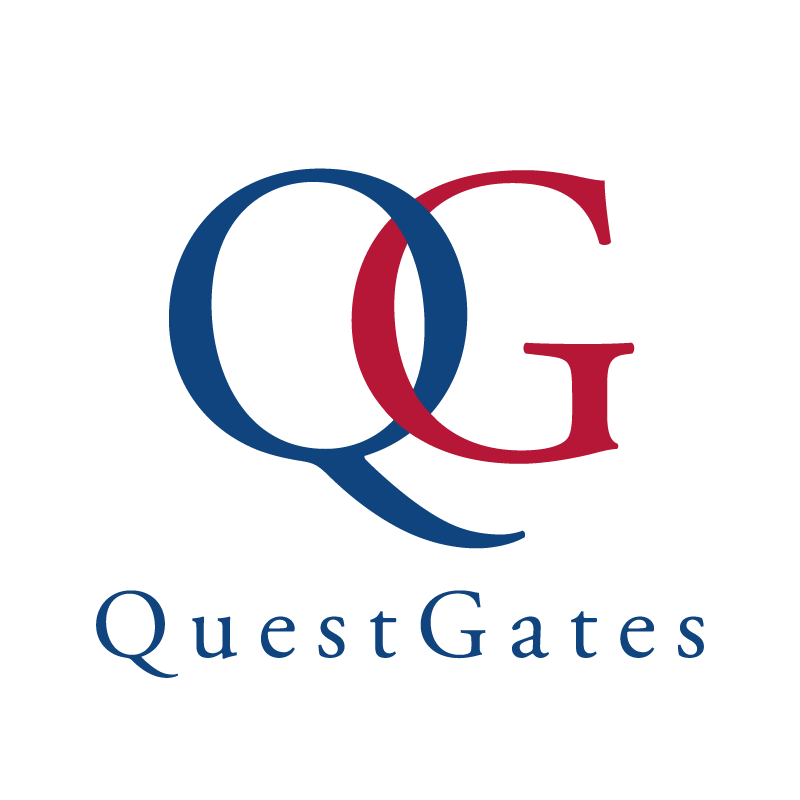Can a business excludes it’s liability for negligence, when dealing with a consumer?
We see it often. A business provides a service, and then buries in the terms and conditions an exclusion to say that in the event they act negligently, they are not liable, or they restrict their liability to “the cost of the services provided”.
Just because a contract says this, it does not mean that it is enforceable.
Before any consideration is given to the enforceability of the term/s (the ability to rely upon them), it is necessary to determine whether the contract is “incorporated”. Have the terms been reasonably served upon the party to whom the terms are supposed to impact? How clear were those terms? And, can it be evidenced that the party received and understood them? This is particularly important when dealing with consumers.
If you are satisfied that the terms are incorporated, only then do we move on to considering enforceability.
There are multiple things to consider here:
The first is to say that a party cannot exclude its liability for personal injury or death caused as a result of its negligence.
But what about where damage to property occurs?
Where the party has suffered property damage and the claimant is a consumer, they have the protection of the Consumer Rights Act 2015.
Section 49 of the Consumer Rights Act 2015 provides that all services must be provided with “reasonable care and skill” (and therefore, not negligently).
Under Section 57 of the Consumer Rights Act 2015, a party cannot contract out of its duty to provide services with reasonable care and skill.
Further, it cannot limit it’s liability for damages arising out of that failure to less than the cost of services provided.
If the limit of liability is reduced to the cost of the services provided, the test of reasonableness will then be applied to determine the enforceability of the term. Therefore, it will still be open to challenge.
It is imperative therefore, than when seeking to limit one’s liability under contract, consideration is given to the fairness to the extent under which that liability is excluded/reduced.
Neil Wright is Head of Complex Loss at QuestGates

